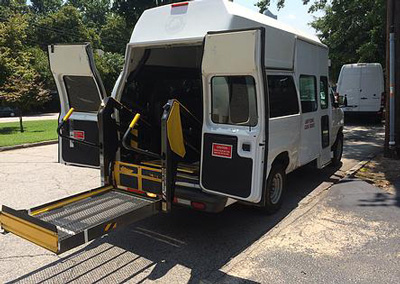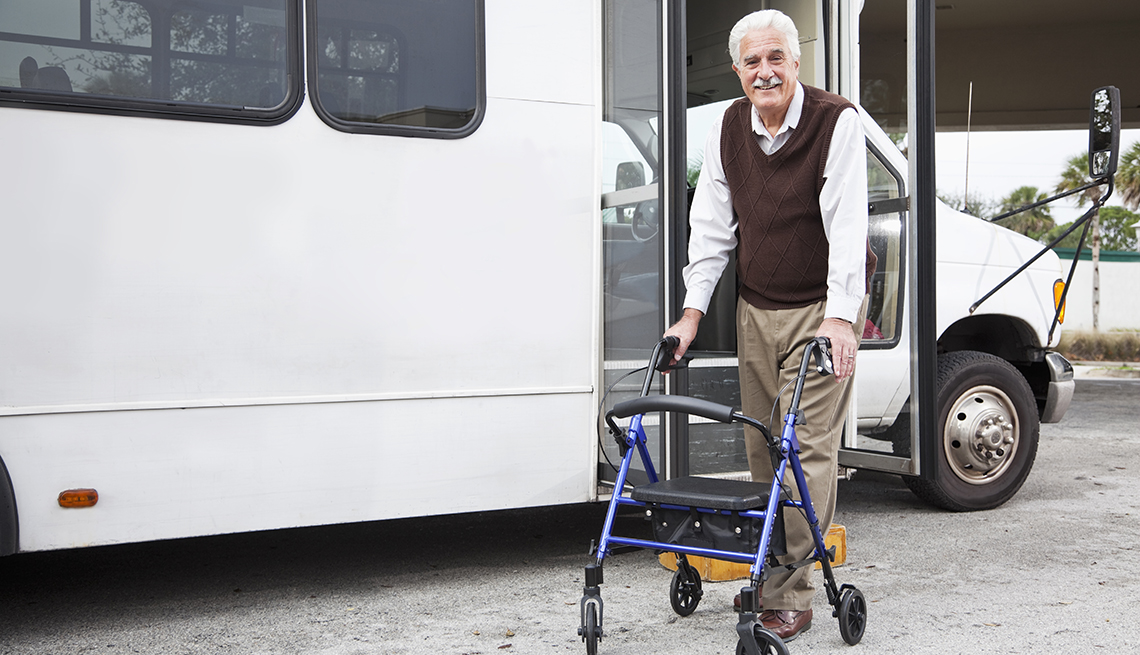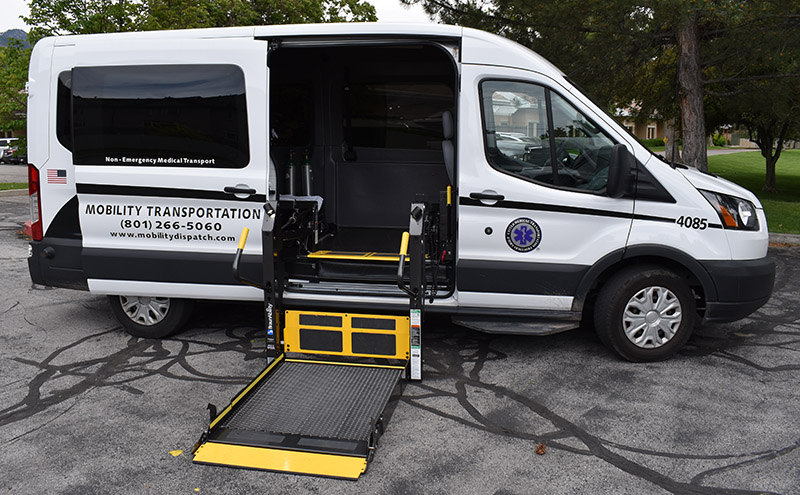Streamlined Medical Transportation Services Near Me: Making Sure Convenience and Care
Streamlined Medical Transportation Services Near Me: Making Sure Convenience and Care
Blog Article
Accessible and Affordable Medical Transport Options for Seamless Wellness Assistance
In the realm of medical care, the ease of access and affordability of clinical transportation are critical in ensuring individuals can access the care they need when they need it. The capability to flawlessly navigate transportation alternatives can significantly influence an individual's capacity to obtain timely medical focus, follow-up care, and overall health. From non-emergency clinical transport services to cutting-edge services like telehealth, the landscape of clinical transport is developing to satisfy the varied requirements of clients. Considering the significance of this aspect in healthcare distribution, checking out the array of options available comes to be crucial for addressing spaces in ease of access and price.
Non-Emergency Medical Transportation Solutions

These services are staffed by experienced experts that prioritize person convenience and security throughout transit. Vehicle drivers are geared up to take care of individuals with varying clinical requirements and make sure that all trips are smooth and stress-free - Medical Transportation Services Near Me. In addition, non-emergency medical transport services often use specific vehicles that are wheelchair-accessible, making them ideal for a wide variety of clients with various mobility requirements
Volunteer Vehicle Driver Programs
Volunteer driver programs contribute in supplying transportation aid for people seeking non-urgent treatment. These programs rely upon the kindness of volunteers that contribute their time and cars to assist transportation individuals to and from clinical consultations. By making use of volunteer chauffeurs, companies can provide an affordable remedy for individuals who might not have access to dependable transportation.
Among the vital advantages of volunteer driver programs is the individualized treatment and focus that clients obtain. Unlike standard transportation solutions, volunteer drivers usually establish a rapport with the individuals they help, developing a supportive and compassionate atmosphere throughout what can be a stressful time. Additionally, volunteer vehicle driver programs can aid bridge the gap for individuals staying in underserved or country areas where public transport options may be limited.
Public Transport Options

One of the crucial advantages of public transportation is its extensive accessibility in rural and metropolitan areas alike. This considerable network allows patients from diverse backgrounds to take a trip to clinical visits with loved one convenience. In addition, public transport systems are frequently furnished to suit individuals with disabilities, providing obtainable travel options for those with flexibility obstacles.

Ride-Sharing and Transport Network Companies
The development of modern-day transportation options for clinical functions extends beyond standard public systems like trains and buses to include the cutting-edge world of ride-sharing and transportation network business. Ride-sharing services such as Uber and Lyft have changed the method people take a trip to clinical consultations, using convenience and flexibility to people that may not have accessibility to their cars or conventional public transport. These platforms allow users to ask for an experience with the touch of a button on their mobile phones, giving door-to-door service that can be especially useful for individuals with mobility challenges or those needing aid.
Transportation network business (TNCs) have Click This Link also played a substantial duty in bridging the space in clinical transport services. Firms like Veyo and RoundTrip concentrate on non-emergency medical transport, satisfying individuals that need a greater level helpful during their journeys to clinical facilities. By partnering with healthcare service providers and insurance firms, TNCs ensure that people can access prompt and trusted transportation remedies, inevitably adding to improved health and wellness results and individual contentment.
Telehealth and Online Assessments
Enhancing health care availability and ease, telehealth and virtual assessments have arised as critical components in contemporary medical techniques, transforming the way patients communicate with doctor. Telehealth leverages technology to assist in remote interaction in between clients and health care professionals, providing a large selection of solutions such as online assessments, remote tracking, and electronic prescriptions. Virtual appointments enable patients to seek clinical recommendations, diagnosis, and treatment from the comfort of their homes, removing the need for Discover More physical brows through to healthcare facilities. This method not only conserves time and lowers transportation expenses for individuals but additionally enhances the overall performance of healthcare delivery.
In addition, telehealth plays a critical duty in extending medical solutions to underserved neighborhoods, rural locations, and individuals with limited mobility. By damaging down geographical barriers and raising medical care outreach, telehealth promotes early treatment, continuity of treatment, and individual engagement. As modern technology remains to advancement, telehealth is positioned to play a progressively significant duty fit the future of medical care delivery, cultivating enhanced health outcomes and person contentment.
Final Thought

From non-emergency clinical transport services to innovative remedies like telehealth, the landscape of medical transportation is evolving to fulfill the varied demands of people.Non-Emergency Medical Transport Provider promote the safe and prompt transportation of people needing non-urgent clinical care to and from medical care facilities.The evolution of modern transport choices for clinical functions extends beyond standard public systems like buses and trains to encompass the innovative world of ride-sharing and transportation network firms.Transport network business (TNCs) have likewise played a substantial function in connecting the space in clinical transportation solutions. Non-Emergency Medical Transportation Services, Volunteer Driver Programs, Public Transportation Options, Ride-Sharing and Transportation Network Companies, and Telehealth and Virtual Consultations all play a crucial duty in resolving transport obstacles to medical care access.
Report this page